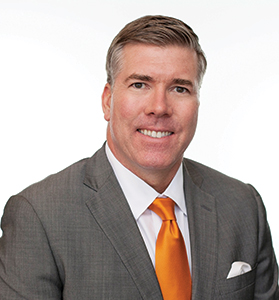Whether you’ve suffered a brain injury or you are caring for a loved one with a severe brain injury, the steps you take following the injury matter. These steps may significantly impact both a physical and financial recovery. .jpeg)
What to Do After a Brain Injury
Everyone follows their own journey after a brain injury. What you do and when you do it depends on many different factors, including the severity of your injury. Some of the critical steps to consider include:
- Get medical treatment as soon as possible. The sooner you get a diagnosis, the sooner you can begin a treatment plan that helps you heal, manages your pain, and prevents your condition from worsening. Additionally, your medical records will help prove to the insurance company or court that the accident caused your brain injury.
- Follow your doctor’s treatment plan. It’s important to follow your doctor’s treatment plan. If you don’t, the defendant may claim that you made your brain injury worse and they shouldn’t pay for the additional damages.
- Avoid posting on social media. Instagram pictures, Facebook posts, tweets, snaps, TikTok videos, or other social media posts may be misinterpreted and used against you. Remember that your privacy settings may not keep posts out of the hands of the insurance company or defense counsel.
- Don’t talk to the insurance adjuster on your own. The insurance adjuster’s job is to pay you as little as you will accept for your brain injury claim. When the insurance adjuster calls, you can avoid speaking to him and refer the adjuster to your lawyer.
- Be aware that the insurance company may follow you. The insurance company wants to prove that you aren’t as hurt as you claim. Therefore, they may use surveillance when you leave your house and try to catch you doing something inconsistent with your stated injuries.
- Build a support team. Your team may include family, friends, support groups, paid caregivers, doctors, nurses, and others.
- Talk to a Florida brain injury lawyer. An attorney will make sure all of your rights are protected and fight for your full recovery.
If you want to learn more tips and strategies for protecting your rights after a brain injury, please browse our free brain injury articles, FAQs, and blog posts, or contact us directly for a free case evaluation.
|
Related links: |

